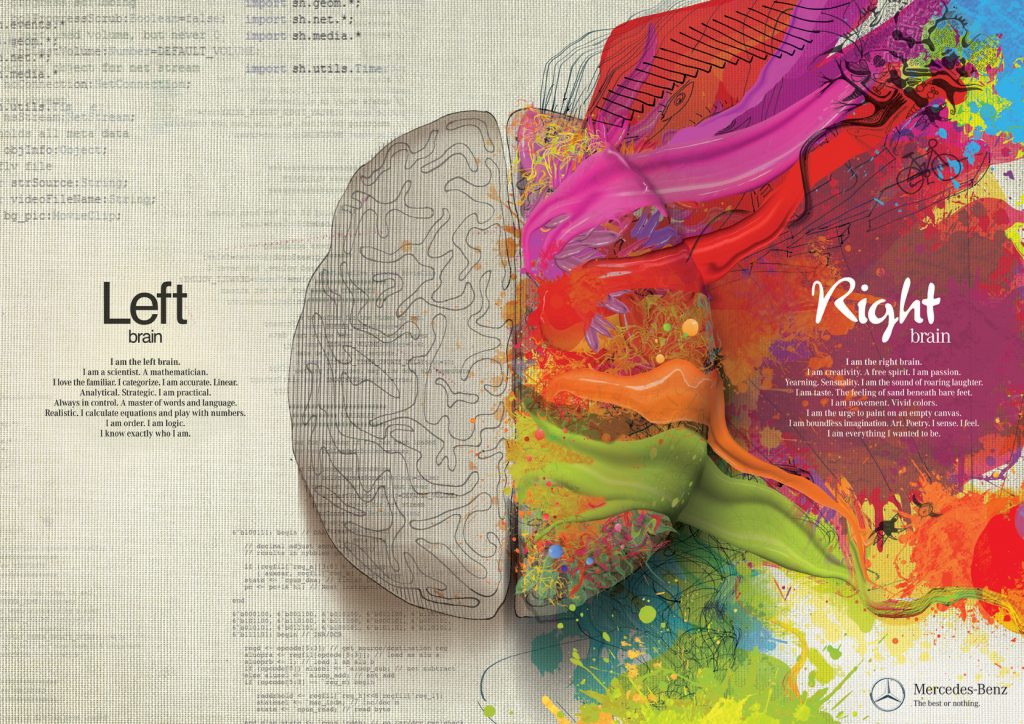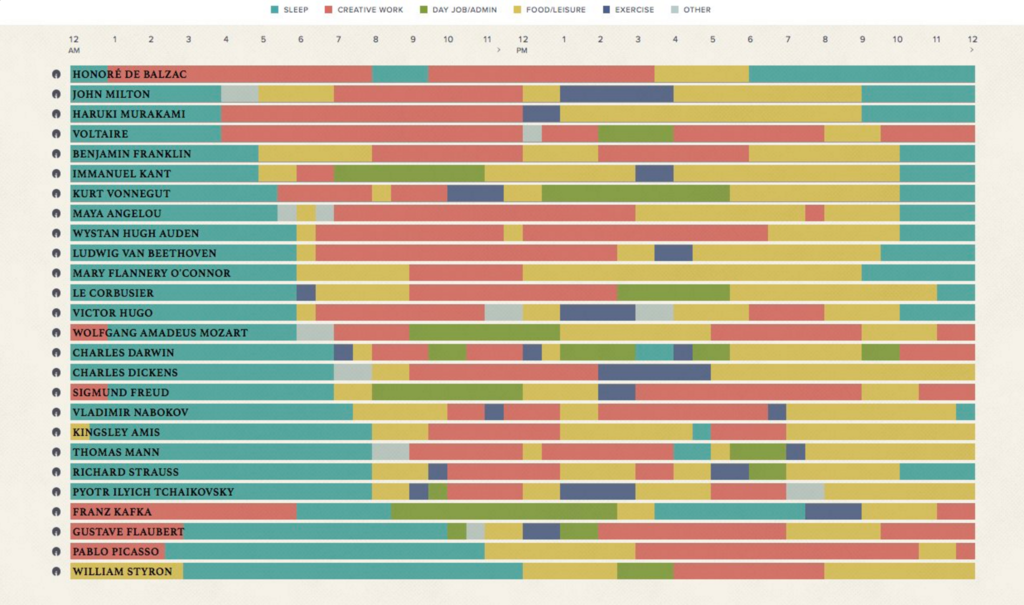That sudden flash of creative genius? It doesn’t mean much.
The sudden part most of all. Sure, there are moments where inspiration strikes like lightning, but these rare instances are only a fragment of the creative process. Treating them as the goal is the perfect way to stop a good idea from reaching its full potential.
Even true geniuses, in their hubris, have been found guilty of ignoring this fact. One obvious example is a man whose name is emblazoned at the pinnacle of brilliance: Leonardo da Vinci. A great visionary of epic proportions, da Vinci never struggled to come up with an idea, only with the means to make it a reality. After first garnering attention in the 1470s, da Vinci was awarded three ground-breaking commissions. They were meant to mark a substantial leap forward in a burgeoning career. Instead, they came close to marking the end.
da Vinci failed to complete two of the projects, and was over 20 years late in delivering the third. “I thought I was learning to live; I was only learning to die,” he wrote of the experience in his diary. For many years following, his reputed failure meant that he could only get jobs painting dead criminals, a simple job for anyone with access to ink and paper.
No, it’s not the sudden flash of creative genius that bring a great idea to life. It is the moulding of that idea. The evolution of it. And the eventual execution.
That’s why it’s so important to make creativity a habit.
Some will complain they don’t have the time. Others will argue they don’t have the energy after a long day at their day job. Yes, setting a creative routine is difficult, but for not because of any of these easy excuses.
It’s long been held fact that the brain is divided into two main regions: the left side handling logic, the right side creativity.
There’s no truth to this myth. Creativity does not rely on one region of the brain, but on intricate networks that draw power from throughout it. As does every other process.
In short, there’s a war for processing power waging in your mind. If you want creativity to win the fight, you have to train it.
Below is a list of routines carried out by some of the most creative people to have ever lived. Each is different. Some have day jobs. Some take naps (and all, in opposition to another famous myth about creatives, sleep fairly well). Others who keep the same nightly sleeping schedule exercise at that time instead.
They only have one thing in common: routine.
Voltaire spent around 15 hours each day on his work. Kant, only half an hour. And yet their accomplishments are held in equal measure.
You see? So what if you can’t spend most of your day tapping into your creative potential? It’s not the amount of work that matters in the long run, but the dedication to it. Don’t delay; don’t wait for that bolt of inspiration. Work. Work hard. Work passionately. Creativity will come.


